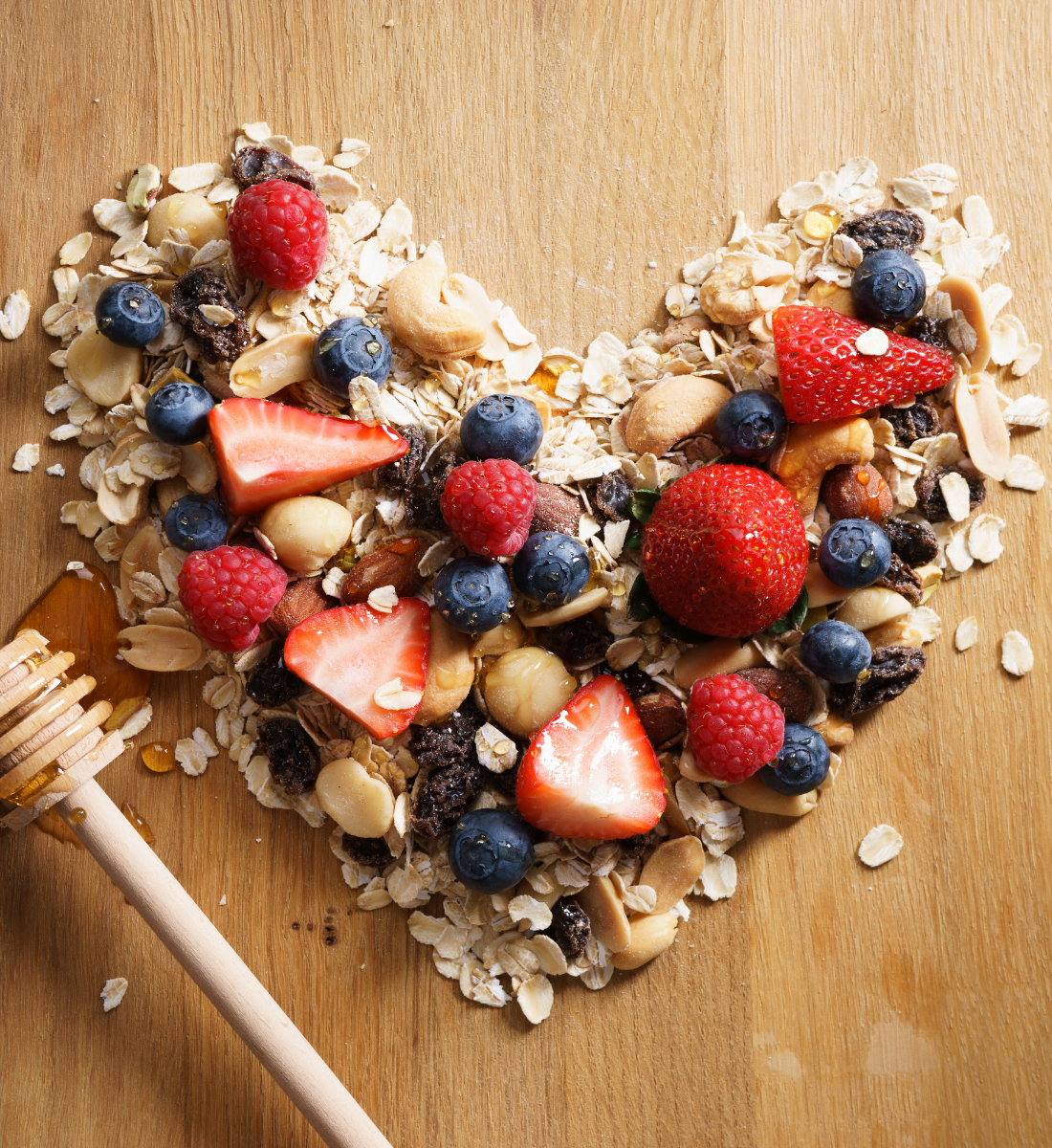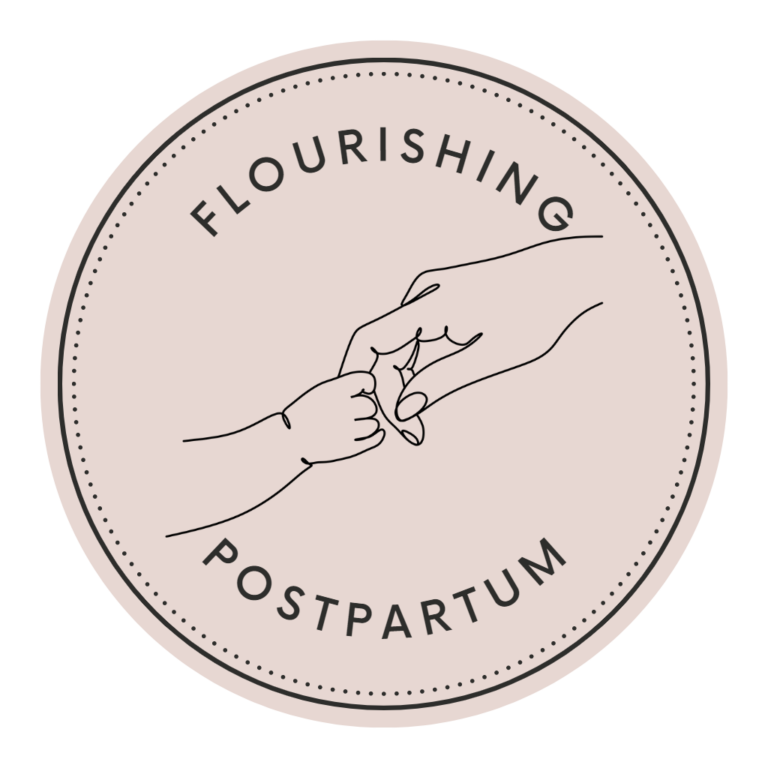
Proper Nutrition Is Very Important For Postpartum Mamas

Proper nutrition is crucial for new mamas after the birth of their baby. A balanced and nutritious diet helps support your overall health, replenish your energy levels, and provide essential nutrients. This can be beneficial for postpartum healing and breastfeeding. Here are some key considerations for optimal nutrition while recovering postpartum.
Eat a Variety of Nutrient-Dense Foods:
Focus on consuming a variety of whole foods that are rich in nutrients. Include plenty of fruits, vegetables, whole grains, lean proteins, and healthy fats in your diet. These foods provide essential vitamins, minerals, fiber, and antioxidants that support your overall health and well-being.
Stay Hydrated:
Breastfeeding can increase your body’s hydration needs, so it’s important to drink plenty of fluids throughout the day. Aim to drink water, herbal teas, and other non-caffeinated beverages regularly to stay hydrated. Pay attention to your thirst cues and aim to drink whenever you feel thirsty. Also after birth drinking a lot of water helps with recovery.
Consume Adequate Calories:
Breastfeeding requires additional calories to support milk production. However, the exact number of calories needed varies for each individual. It’s generally recommended to consume an extra 300-500 calories per day while breastfeeding. Listen to your body’s hunger cues and eat when you feel hungry. Focus on nutrient-dense foods rather than empty calories to meet your increased energy needs.
Include Protein-Rich Foods:
Protein is essential for tissue repair and growth in the postpartum period. Include lean meats, poultry, fish, eggs, legumes, nuts, and seeds in your diet to ensure an adequate intake of high-quality proteins. Protein also plays a vital role in milk production and is good to included in your diet when breastfeeding.
Get Enough Healthy Fats:
Include sources of healthy fats in your diet, such as avocados, nuts, seeds, fatty fish (like salmon), olive oil, and coconut oil. Healthy fats are important for hormone production, healing tissue, help with emotional well-being and the development of your baby’s brain and nervous system through breastfeeding.
Prioritize Omega-3 Fatty Acids:
Omega-3 fatty acids are also important for brain health and mood regulation. Omega-3 fatty acids, specifically DHA (docosahexaenoic acid), are crucial for your baby’s brain development. Include fatty fish (like salmon, mackerel, and sardines), flaxseeds, chia seeds, and walnuts in your diet to ensure an adequate intake of these essential fatty acids.
Don’t Forget Calcium and Vitamin D:
Calcium is important for maintaining strong bones and teeth, while vitamin D aids in calcium absorption. Good sources of calcium include dairy products, fortified plant-based milk, leafy greens, and tofu. Vitamin D can be obtained through sun exposure (my naturopath recommended getting outside around 9am) or through supplementation if necessary.
A well-balanced and varied diet, along with proper hydration and rest, are essential components of postpartum healing and recovery. Every individual’s nutritional needs may vary, if you’re unsure it’s always a good idea to consult with a healthcare professional or a registered dietitian who specializes in postnatal nutrition. They can provide personalized guidance based on your specific needs and help ensure that you’re getting the proper nutrition to support your postpartum healing and breastfeeding journey.
I’ve also created a breastfeeding guide for new mamas, with tips on increasing low milk supply, breastfeeding holds and an amazing lactation cookie recipe!













